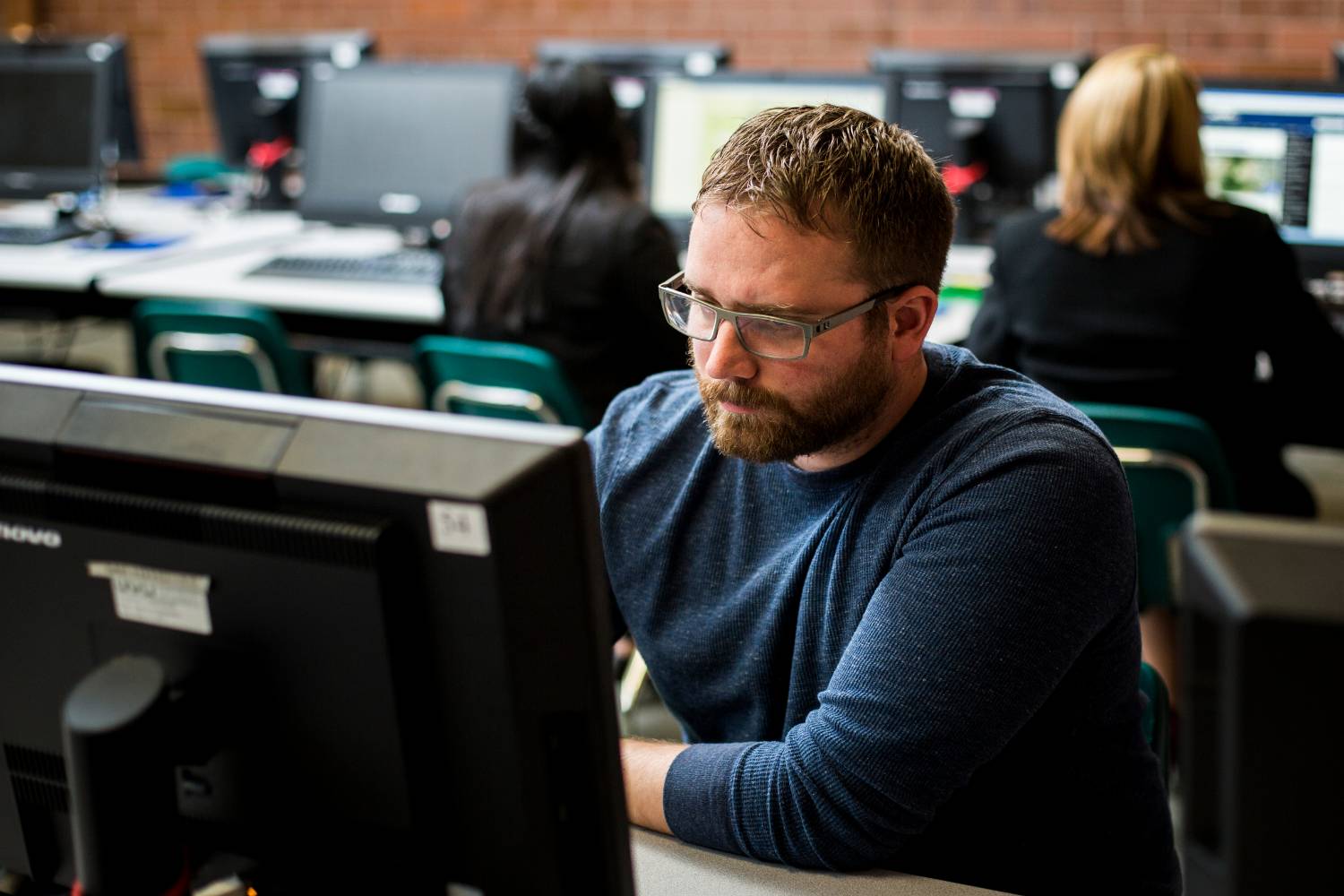Approximately one year ago the UVU Board of Trustees approved new Essential Learning Outcomes (ELOs) for the university. The new ELOs were developed through a year-long process that included input from faculty, staff, students, and administration. In anticipation that the last academic year would be dominated by COVID-19 concerns, the university did not initiate a review of general education to assess its alignment with state requirements, institutional priorities, and the new ELOs. At this time, we are creating a task force to study the issue and make recommendations. The focus of the task force will be a limited scope review of UVU’s general education curriculum.

Most of UVU’s general education curriculum is set by state policy (R470). These include 30 credit hours of course and distribution requirements applicable to all USHE institutions. Individual universities may require additional hours (up to 9) of general education coursework. The task force will review the current general education requirements, above those required by the state, and make recommendations to the faculty and administration in response to key questions outlined below. The task force will also assess general education’s alignment with institutional priorities and the new ELOs.
To ensure that UVU’s general education curriculum meets the needs of UVU students and is consistent with UVU’s mission as an open enrollment institution. The general education curriculum should prepare all students for success at UVU and provide opportunities to develop foundational skills will allow UVU graduates to achieve success in their lives and chosen career paths.
Policy 605 outlines curriculum development at UVU and the roles of different stakeholders on campus regarding curriculum. Per policy 605, UVU faculty have “a central role in the design, approval, delivery, revision, periodic review, and deletion of curriculum” (section 4.1). This is consistent with NWCCU Standard 1.C.5, “The institution recognizes the central role of faculty to establish curricula.”. The office of the President and Provost acknowledge this and remain committed to and support the rights and responsibilities of faculty in this regard. While faculty have a central role in curriculum, there are other groups who play important roles and whose voice and input matters (policy 605 section 5.1.1). Our students, staff (advisors), and administrators have an important role in helping to shape the general education curriculum goals. We are committed to working together and recognize that faculty must take the lead in reviewing and making curricular changes, as necessary, to promote the best interest of our students. We also recognize that the Academic Affairs Council (AAC) is responsible for “evaluating the financial impact and program viability of curriculum proposals and existing curriculum” and ensuring that curriculum reflects “institutional strategic plans and missions” (policy 605 section 5.6.1).

To review the current general education curriculum considering the key components outlined above and to bring recommendations for review and approval.
Questions for the task force to consider:
Given the limited scope and timeline of this review, there are 4 possible options the committee may consider:
If you wish to provide feedback to the chair of the General Education Task Force, Evelyn Porter, please click here.